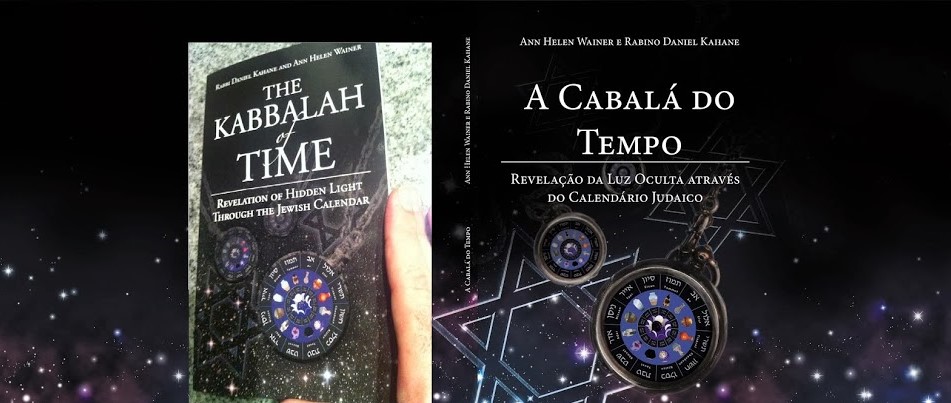SONG OF THE SEA:
Miriam, the
prophetess, Aaron's sister, took a timbrel in her hand, and all the women came
out after her with timbrels and with dances. And Miriam called out to them,
Sing to the Lord, for very exalted is He; a horse and its rider He cast into
the sea.
HAFTORAH: Gilead abides beyond
the Jordan; and Dan, why does he gather into the ships?
TALMUD SOTAH: Daf 23 - Differences between men and women regarding the laws of sacrifices.
GENERATIONS FROM ADAM TO THE LAST KING OF JUDAH: Yehudah
JOURNEYS IN THE DESERT: They
journeyed from Makheloth and camped in Tahath.
Week 23 is the week of Zayin Adar, Moshe Rabbeinu’s birthday and yahrzeit.
Interestingly, just as Zayin Adar usually
coincides the Torah portion of Tetzaveh,
in which Moshe’s name is omitted, Moshe’s name is also omitted from the verses
following the Song of the Sea. Instead of Moshe, it is now Miriam’s turn to
lead the women in song (and dance), and she is referred to as Aaron’s sister,
not Moshe’s. Here also, there is the theme of being a sheliach, a shluchah
(feminine) in this case.
The Haftorah’s
verses now speak of Gilead (also from Menashe)[1]
and Dan. Both places are rebuked for their failure to help. It is interesting
that there’s a division/duality here too. Part of the tribe of Menashe (Machir)
went to help the war effort, while another part, Gilead, stayed behind. The
Tribe of Dan’s choice to flee to their ships appears to be even more
reprehensible – it seems to be the opposite of what happened at the splitting
of the Sea of Reeds. There, the Jewish people went to the sea and transformed
it into land, thereby defeating their enemy, here, the Tribe of Dan fled the
land to take refuge in the sea. This is also opposed to the spirit of being a sheliach – self-sacrifice for a greater
cause.
Daf Kaf Gimmel (Folio
23) of Sotah discusses cases in which a Mincha offering is disqualified. The remainder of the daf is primarily about differences
between men and women when it comes to the laws of priesthood and sacrifices. The parallel here seems to be that
there are somethings that a woman can do in place of a man (like a sheluchah, like Miriam did instead of
Moshe above), but there are other things that she cannot do, or does
differently.
Yehudah is
the leader of his brothers, the lion, the “king” of the tribes. His name comes
from the word Hoda’ah,
acknowledgement, in the sense that all his brothers will acknowledge him, and
act according to his will, on his behalf (like shluchim). Yehudah himself was an emissary for Jacob - he was sent to Egypt first to establish a Yeshiva, a dwelling place for the Torah in exile.
In the
twenty-third week, the Jews journey from Makheloth and camp in Tahath. Tahath
means bottom, a low point, as was the passing of Moshe Rabbeinu. Yet, Tahath
also represents the possibility of improvement. Rabbi Simon Jacobson explains
this idea as follows:
Another
application of Tachath is the depths we fall to when we “leave Mak’heloth,”
i.e. forsake and abandon unity (Chasam Sofer). Yet, we have the power to
transform Tachath into a place of peace, when we each dwell “beneath (tachath)
our vine and fig tree” (see Toldos Yaakov Yosef).[2]
This also appears related to the
concept that Hashem created the word because He desired a “Dira Ba’Tachtonim,” a dwelling place in the lower realms. (Midrash
Tanchuma; See Week 23, Book 2) The personal journey is to
internalize the concept of being united and joyful through musical gatherings
in a spiritual place where the focus is more on those surrounding Moses than on
Moses himself (like the miracle of Aharon’s staff). From there, we prepare to
focus on making a dwelling place in the lower realms by taking advantage of a
situation of spiritual lowliness, all of which is also represented in the story
of Purim, and in the sacrifices made by Esther herself.
